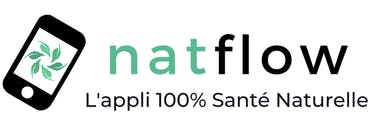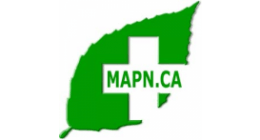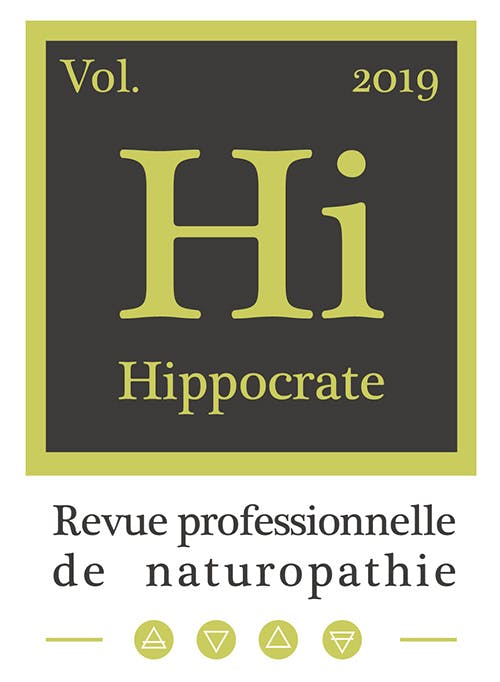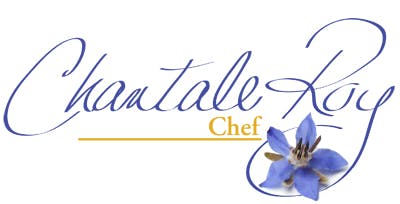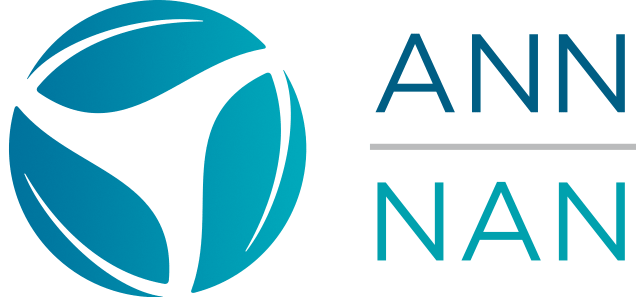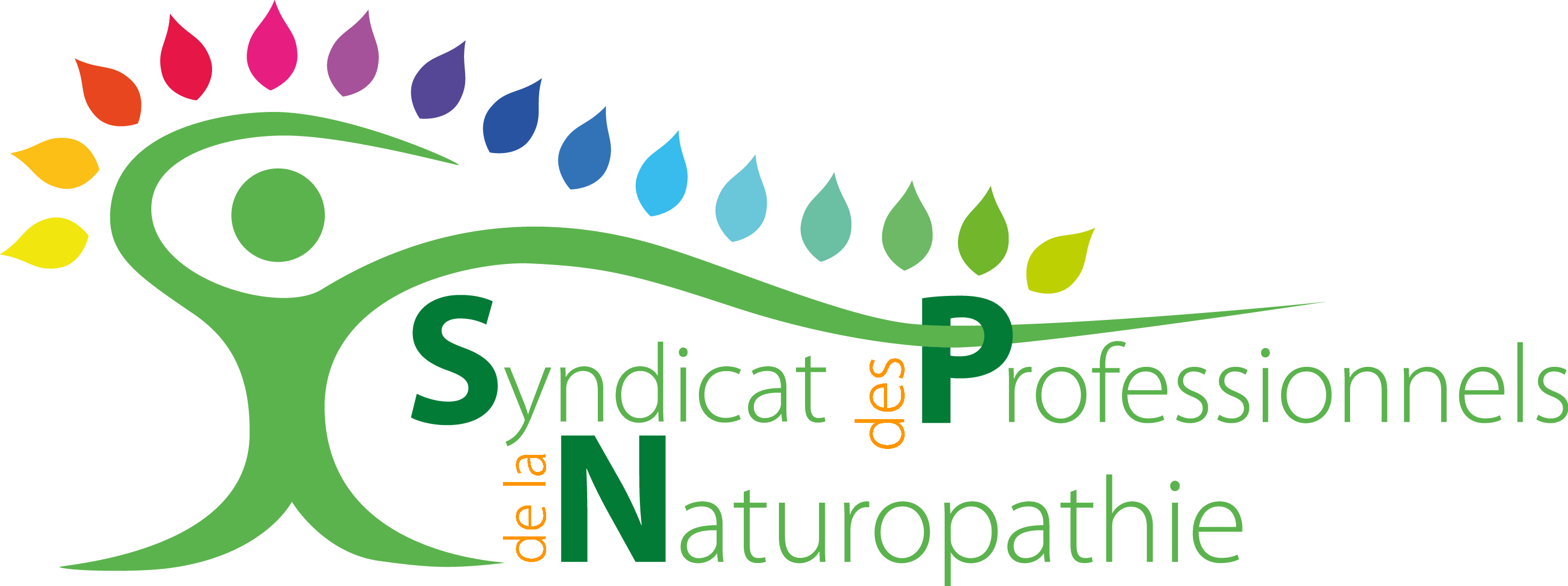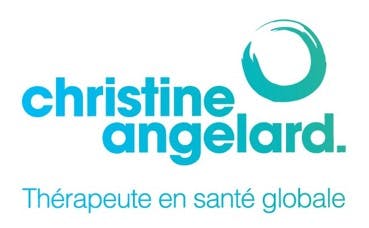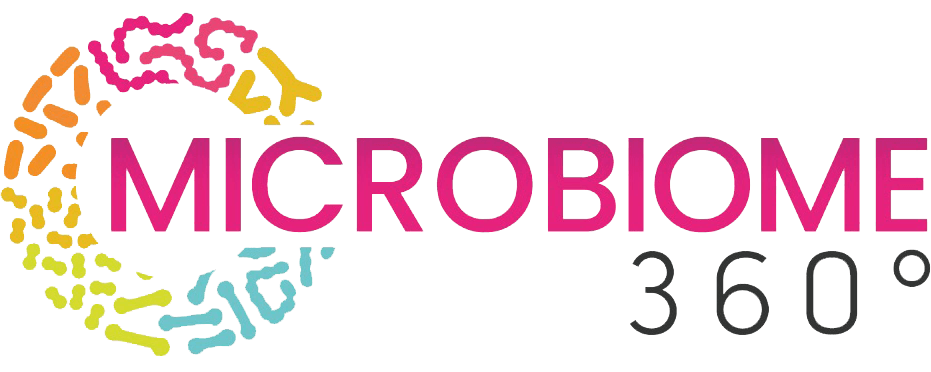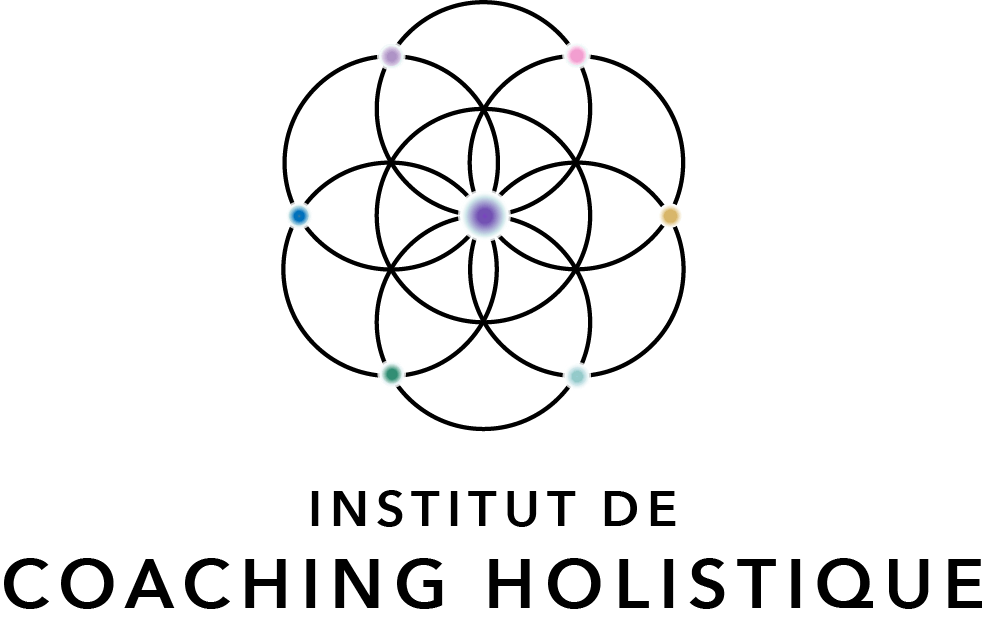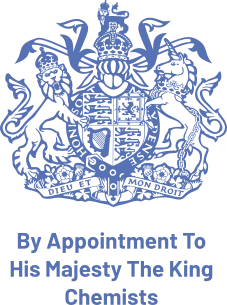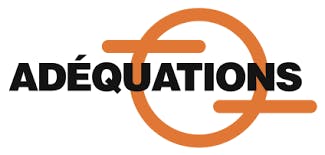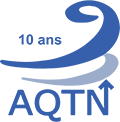Frequently Asked Questions
Topics
Course Progression and Assessments
Registration and Conditions
Programs and Courses
Recognition
Duration of Training
Do you have another question?
Can't find what you're looking for? Write to us using the contact form and we’ll get back to you quickly.
How does the online training work?
Once your registration is confirmed, you’ll be able to start your studies within 10 days. Depending on your chosen pace, you may follow one, two, or three courses simultaneously to fit your schedule.
You’ll start with the first course chapter, then progress through the next ones at your own speed. A tutor is available to support you throughout the process, so you can get answers to your questions.
Each chapter ends with a quiz designed to review key concepts and assess your understanding. The final graded activity serves as the course exam and validates your learning.
Besides personal support from your instructor, you’ll also have access to additional pedagogical resources on your e-learning platform, such as videos, the course manual in PDF format, and a virtual library.
At the end of your program, you’ll receive your grade report, followed by your diploma or certificate of completion.
What are the advantages of e-learning courses?
E-learning courses offer several advantages:
- Accessibility: Online courses offer the flexibility to study from anywhere with an Internet connection, letting students learn at their own pace and according to their own schedule.
- Cost: They're often less expensive than in-person training, since there are no travel or accommodation costs, allowing for financial savings.
- Variety of resources: E-learning uses different formats such as videos, images, audio recordings, interactive presentations and online quizzes, which promotes multimodal, interactive learning – sometimes even better than in-person classes.
How does distance learning work?
After you register, you begin your studies within 10 days, taking 1 to 3 courses depending on your pace. Progress at your own speed with support from a tutor available for your questions.
Each chapter ends with a quiz, and the final evaluation validates your learning.
Take advantage of a variety of resources: videos, PDF manual, and an online library.
At the end of each course, complete the online exam.
How do exams work?
Distance learning requires permanent knowledge assessment, and AMCC exams are designed for remote training. There’s a 20-question multiple-choice exam, to be completed online at the end of each course. Each module also includes Clinical Case Studies.
Are internships scheduled?
AMCC includes Clinical Case Studies in each module, allowing students to apply their knowledge while meeting the requirements of professional associations. The course offers sample case analyses for students to use as inspiration for building their own clinical files. Instructors provide consistent support via direct messaging. Completion of this course validates the certificate for the corresponding module: Advisor, Educator, Practitioner, or Naturopath.
If I have questions, what should I do?
Your tutor is assigned as soon as you register, in the language of your choice (French or English). Tutors are trained naturopaths and/or physicians. Their role is to answer your questions and keep in regular contact with you. Communication happens via your messaging system through the Student Center.
Once I finish a course, do I have to wait for the next?
When you complete a course, you need to pay for the next course to activate it. If payment is made by credit card or PayPal, activation is immediate. For payments by bank transfer, the office must activate the course after payment is received, which may require additional time.
What happens if I fail an exam?
The passing grade is 70% to successfully complete a course. You are allowed two retakes. After three attempts, if you still haven’t achieved 70%, the course will be considered a Fail. You’ll need to contact your tutor to take a replacement course, repeat the course later, or consider switching to another program.
Can I request exemptions for courses I’ve already taken?
Yes, you can request and receive exemptions for up to five courses, in addition to the anatomy/physiology courses granted to health professionals. You’ll of course need to provide supporting documents.
If the exempted courses were already taken at AMCC, there’s no fee. For courses already completed at another school, there is a $30 (CAD, USD, or Euro) fee per exempted course.
What are the admission requirements?
Applicants must have a university-level education or two years of cegep. In some cases, for adults and older applicants, professional experience and motivation can substitute for the academic requirement.
What do I need to submit with my application?
You should include a brief text summarizing your academic and professional background, a resume if available, your goals or motivation for the chosen program, and any other relevant documents (degree copies, documents for exemption requests, etc.). You’ll need digital versions of all documents to upload when applying online. For payment of registration and/or the first installment, you can use a credit card or PayPal.
How do I register at AMCC?
Access the online registration or re-registration form (simplified process). Other required documents must be attached to the online form. If needed, you can contact us by email with your questions before registering at service-admission@cmdq.com. You must include at least the registration fee for your application to be reviewed, and the first deposit if you wish to start within 10 days.
What if my admission is refused?
Admission is a privilege granted to an applicant whose interests and abilities fit the social field. Academic level does not guarantee automatic admission. If your application is refused, AMCC returns all documents, including the reason for refusal and any payments made, except for the application review fee (registration fee).
What financial aid is available?
There are several types of financial assistance: employers can cover training costs, which are tax-deductible from their contributions. Tuition fees entitle you to a Quebec tax deduction or a Canada tax credit. AMCC offers a merit scholarship for each completed course.
To request a quote, contact us.
Can I register for just one course?
Yes, you can choose to take an individual course. If you successfully complete the course, it will be credited if you later enroll in a program. Passing a course or a topic qualifies you for a certificate of completion.
What program options are there?
We offer complete training programs in “Health Practitioner” (general or with a focus on nutritherapy), Naturopathy, Homeopathy, and Bio-Energy. These are structured in progressive stages: Advisor, Educator, Health Practitioner, and a final specialization module.
Each stage includes several courses, with the freedom to pause the training at any time, without obligation or penalty. Successful completion of each stage qualifies you for a certificate; completing all stages lets you earn the diploma.
All the information and course details are available HERE.
And if I withdraw from the program?
AMCC rules state you can stop training at any stage without penalty. You can cancel your application within 10 days of registering. You are responsible for the current stage’s fees, but not for any stages you haven’t started. You can also receive diplomas for the successfully completed stages.
Will I be able to issue receipts to my clients for insurance?
Once you’re a graduate, you’ll be able to join a reputable professional association; this lets you issue receipts to your clients for private insurance reimbursement, as explained on the recognition page. For example: L'Association des Naturopathes Professionnels du Québec (ANPQ), Association Québécoise des thérapeutes naturels (AQTN), RITMA association, ...
Do you get a Naturopath, ND diploma?
The diploma earned is Naturopath N.D. for Naturopath Diploma.
Our view of naturopathy is mainly complementary, not a substitute for medicine. We focus more on lifestyle, health education, nutritherapy, natural care techniques, and natural products. These programs focus on both knowledge and practical skills, with clinical case studies offered at every stage of training.
Naturopath, ND (without periods) as Doctor of Naturopathy is offered by colleges that train "naturopathic doctors" in the USA and Canada, and they can sit for the Nplex exam. This instruction is provided at Bastyr University (Seattle, WA), National College of Naturopathic Medicine (Portland, OR), Southwest College of Naturopathic Medicine (Tempe, AZ), University of Bridgeport College of Naturopathic Medicine (Bridgeport, CT), as well as in Canada: The Canadian College of Naturopathic Medicine.
This program is full-time over 4 years (4,500 or more classroom hours) and 80% of the program is devoted to conventional medicine, including microsurgery practice.
References: https://aanmc.org/resources/licensure/
Are AMCC courses recognized?
On the federal government level, the program is accredited by Employment and Social Development Canada as professional training; fees entitle you to a tax credit.
On the provincial level, AMCC holds a certificate of recognition as a certified training organization by Emploi-Québec. Your employer can therefore cover training costs, which are tax-deductible from their contributions.
In terms of corporations and professions, our programs are recognized by many associations in Quebec, Canada, the USA, and other countries.
How long does the full program take?
For example, just as you would calculate for a 45 or 90 hour course, divide the program's required hours by your intended weekly study time. For a 1,350 hour program, if you plan to study 10 hours a week, you should expect about 3 years. Actual duration varies for every student depending on their availability and personal abilities.
Is there a time limit?
No, as long as your time frame is reasonable. When you start a course, you should plan and communicate a due date to your tutor. If unforeseen events or delays occur, you can request a time extension. One great advantage of this system: you can change your study pace every 6 (or 12) weeks, depending on your schedule, and you can submit your assignments at any time before the set date.
How long does a course take?
A course’s duration depends on two things: the course’s intended total hours and your availability in hours/week. There are courses of 30, 45, 60 or 90 hours. Plan on 2 to 6 weeks depending on the course and your personal pace. For example, for a 45-hour course (3 credits), if you study 7 to 8 hours per week, you should finish in about 6 weeks and then complete your evaluation.
What is a credit?
A credit is a unit of value for a course. In Europe, they also use the term credit, or more exactly E.C.T.S. (European Credit Transfer System). University programs are divided into 30-credit blocks per semester, or 60 per year. A typical course includes several credits; at CMDQ, one credit equals 15 hours of study.








